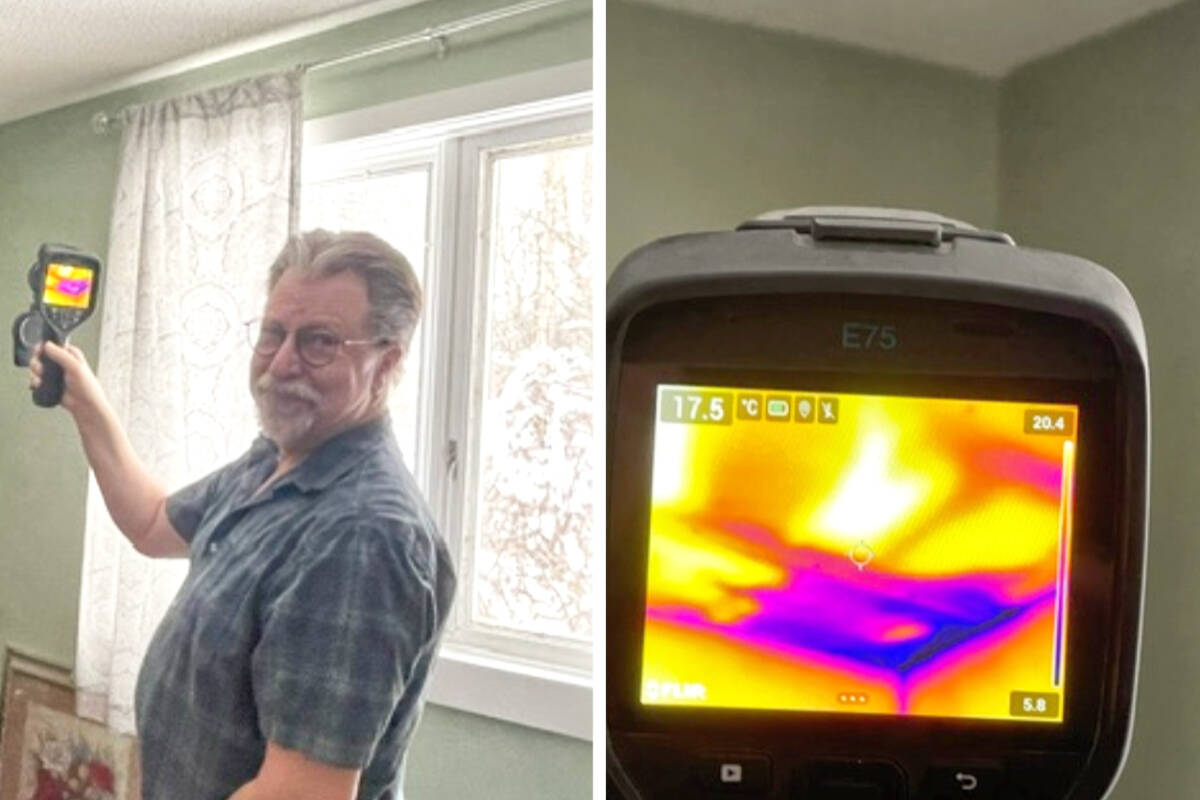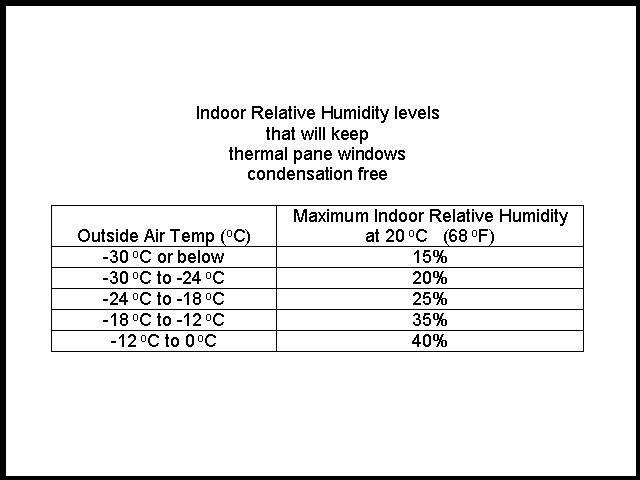5 essential home heating tips made for an Alberta winter

Experienced building inspector Ron McDougall, owner of Lanron Inspections, helps homeowners make sure their property is in its best condition. Photo courtesy Lanron Inspections
Central Albertans know all too well that frigid temperatures can wreak havoc, bringing frozen roads, indoor heating challenges and burst pipes in communities across the province.
On Jan. 15, Environment and Climate Change Canada announced that the extreme cold warning in cities across the province came to an end after four days of arctic conditions that stretched Alberta’s electricity grid to its limit.
The Grid Alert has ended as increasing wind and solar generation have created some relief on the system. Please continue conservation efforts during peak hours of 4-7 p.m. as extreme cold continues to challenge all of us in Western Canada. pic.twitter.com/iDFmWUM1db
— AESO (@theAESO) January 15, 2024
With the double digit negative temperatures gradually easing throughout the province, this is a great chance for home and business owners to prepare for the next round of cold weather.
Ron McDougall, a Lacombe County home and building inspector of 17 years and owner of Lanron Inspections, has seen it all. He wants Albertans to not only be prepared, but also confident when polar temperatures flare up again. Here are his top 5 recommendations:
1. Keep your furnace filter fresh.
Replacing your furnace air filter is not just about cleanliness; it’s about efficiency. A clogged air filter makes your furnace work harder, consumes more energy, and could lead to a breakdown.
The fix:
- Change or clean the air filter every month while your furnace is in use.
- Ensure the furnace is well-maintained, especially during harsh Alberta winters.
2. Ensure heat registers, vents and walls aren’t blocked by objects.
If your furnace vents are blocked, it will have to work harder to produce heat that meets the temperature set on the thermostat. As a result, your power bill will be higher.
“I’ve seen some clients fill their closets with clothes pushed up against exterior walls or accidentally block vents, then without proper airflow, the room cools off. If the clothes aren’t touched for six months to a year, the next thing they know they have mold on their exterior facing walls,” McDougall says.
The fix:
- Inspect heat registers and vents as the weather starts to cool.
- Rearrange furniture that are against exterior walls to allow heated air to circulate properly.
- Keep wall vents uncovered for maximum efficiency.
3. Put Rugs on Hard Floors.
Rugs provide extra insulation on hard-surface flooring, helping reduce the chill on your feet.
The fix:
- Make sure rugs are not covering any heat registers.
4. Homes shouldn’t exceed recommended levels of humidity for outdoor temperatures.
In the winter, McDougall routinely examines homes experiencing elevated humidity due to humidifiers or insufficient warm airflow.
Homeowners face increased risk of condensation on windows and secluded areas, leading to cool off, mould and mildew growth.
“If a homeowner has elevated humidity levels in their house, that moisture could migrate upwards. Heat always rises, if you have humid air in your home it could eventually get into your attic, creating frost on the bottom side of the roof sheathing and that could cause attic rain or possible mould in those cold damp areas,” McDougall says.
The fix:
- Maintain proper indoor humidity level to outside temperatures
- With a programmable thermostat you should program the furnace fan to operate 20 minutes every hour to reduce humidity and the air flow will help even out the temperature throughout the home, this also helps keeping the windows clear.
- As a Level 2 thermologist, Ron can precisely determine which areas of a home or building are cooler than others and advise how to mitigate those colder temperatures.
5. Optimize your thermostat. Setting your thermostat properly allows you to achieve comfort without wasting energy by making your equipment work harder than necessary.
The fix:
- Smart thermostats can significantly reduce energy costs by optimizing heating based on your activity patterns).
- Set lower temperatures for when you’re away, and higher ones for evenings and weekends.
Learn more at lanron.ca, or call 403-870-3081 to see how your property is faring in the cold.

